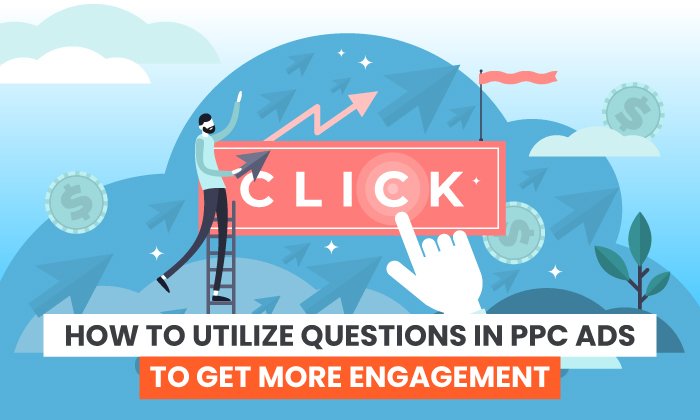5 Unconventional Sources of Customer Feedback for B2B Marketers

By Lane Ellis

Are you wondering whether you’re missing valuable customer feedback because you’re just not looking in the right places?
Our digital landscape today offers a wide array of well-used standard methods for B2B marketers to collect customer feedback, with just a few including:
- Monitoring Social Media Activity
- Customer Experience Surveys
- Feedback Forms
- Website Data Analysis
- Customer Reviews & Other User Generated Content
- Direct Interviews
- Testimonials
- Usability Test Data
- Sales & Customer Service Team Data
There are many other traditional ways as well, and each method excels in its own specific way, holding the promise of providing insightful information about customers or prospective customers.
There is also an entirely different realm of customer feedback opportunities, however — an area filled with less-explored avenues that offer a great deal of audience insight to B2B marketers willing to venture off the beaten feedback path.
B2B marketers can optimize their 2021 marketing efforts by using any or all of the five powerful unconventional sources of finding customer feedback that we’ll explore.
Let’s jump right in with five unconventional sources of valuable customer feedback.
1 — Google Question Hub & Other Tools
Getting to the heart of the questions most important to your customers and potential audience is a helpful path to learning more about your customers and gaining the information necessary to provide best-answer solutions.
We’ve looked at numerous tools for finding the questions customers are asking, such as those I explored in “10 Smart Question Research Tools for B2B Marketers,” and now Google has expanded on its Google Search Console offering with the recent U.S. rollout of its Question Hub, a new service for finding unanswered search question data.
Google Question Hub, previously only available in three non-U.S. nations, focuses on the unanswered questions searchers are seeking to answer — data that can then be used to create content that fills these informational gaps — a potential goldmine for B2B marketers looking to differentiate their business with best answer content.
Google Question Hub uses topic categories to organize unanswered questions searchers have submitted, and allows those using the tool to add their own answers, in the form of articles or videos on sites verified in Google Search Console, or via YouTube video.
Question Hub lets users of the utility see how well the answers they’ve submitted have performed, and although the search giant notes that providing answers in Question Hub doesn’t affect search rankings for connected sites, forthcoming updates could eventually consider this sort of content among new search ranking signals should Google choose to do so.
As a new free tool, B2B marketers looking to both learn more about customers and the questions they’re asking, and to provide answers through Google Question Hub may find it worthwhile to explore this new Google functionality.
2 — Asking In Unexpected Places
Sometimes asking for customer feedback in unexpected places — and during unexpected times — can catch a customer at just the right spot to provide extremely frank insight.
As I explored …read more
Source:: Top Rank Blog







